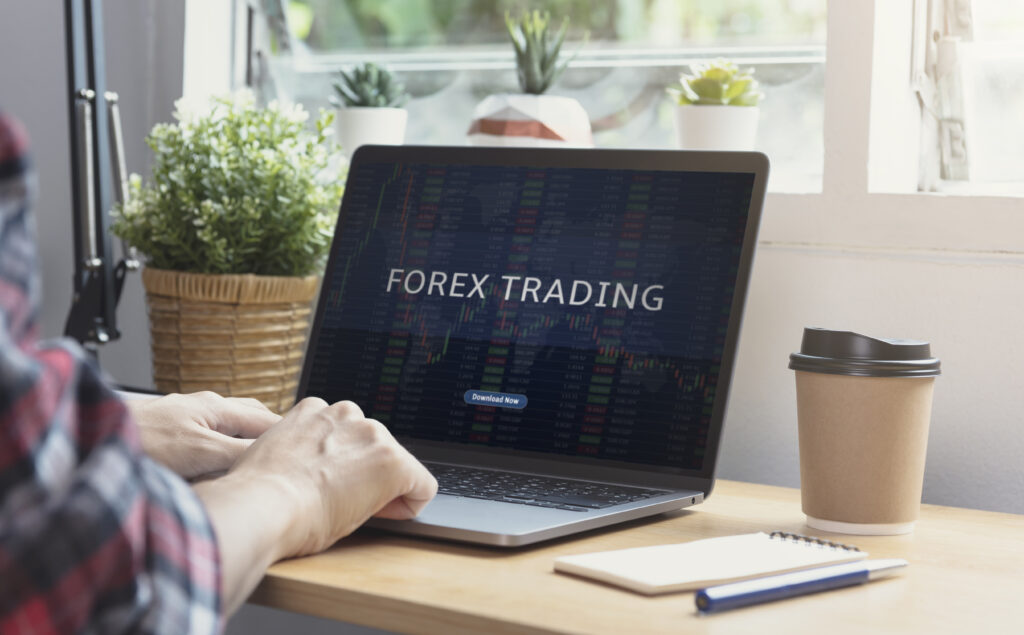
Forex Market Reactions to Global Housing Market Trends
Introduction
The global housing market is a dynamic sector that plays a crucial role in the overall health of the world economy. Housing trends, such as housing booms and busts in major economies, have far-reaching consequences that extend beyond domestic boundaries. In this comprehensive article, we will delve into how significant shifts in the global housing market impact forex markets and currency valuations. By understanding the intricate relationship between these two sectors, traders and investors can make informed decisions and navigate the forex market more effectively.
1. The Global Housing Market Dynamics
1.1 Housing Booms and Busts
The global housing market experiences cycles of booms and busts, driven by various factors such as economic conditions, interest rates, and government policies. We will explore what causes these fluctuations and their impacts on different regions.
1.2 Housing Market Trends in Major Economies
Discuss notable trends in key economies like the United States, China, Europe, and others. Analyze factors contributing to these trends and their significance on the global scale.
2. Interplay Between Housing and Forex Markets
2.1 Impact of Housing Market on Currency Valuation
Examine how housing market trends can influence the valuation of a country’s currency. Explore how strong housing markets can bolster a currency’s strength and vice versa.
2.2 Risk-on vs. Risk-off Sentiment
Discuss how housing market shifts can affect investor sentiment, leading to shifts between risk-on and risk-off behavior. Explain how these sentiments influence forex trading strategies.
2.3 Interest Rates and Forex
Explore the relationship between housing market trends and central bank interest rate decisions. Understand how interest rates impact forex markets and currency valuation during housing booms and busts.
3. Case Studies
3.1 The US Housing Bubble and Forex Impact
Analyze the 2008 US housing bubble and its subsequent burst, and how it affected the US dollar and global forex markets. Explore lessons learned and their relevance today.
3.2 China’s Housing Market Surge
Examine the rapid growth of China’s housing market and its implications for the Chinese yuan and forex markets. Discuss China’s role as a global economic driver.
3.3 Brexit and UK Housing Market
Investigate how Brexit and housing market trends in the United Kingdom have influenced the British pound and forex markets. Discuss ongoing challenges and opportunities.
4. Strategies for Forex Traders
4.1 Capitalizing on Housing Market Trends
Offer insights and strategies for forex traders looking to profit from housing market trends. Discuss risk management and the importance of staying informed.
4.2 Diversification and Risk Mitigation
Explain the importance of diversifying a forex portfolio to mitigate risks associated with housing market fluctuations. Discuss hedging strategies and their effectiveness.
5. Future Trends and Conclusion
5.1 Global Economic Recovery
Explore how the COVID-19 pandemic impacted the global housing market and what recovery might look like. Discuss potential opportunities for forex traders.
5.2 The Green Housing Revolution
Consider the growing influence of sustainability and green housing trends on forex markets. Discuss potential investment opportunities in this sector.
Conclusion
The interplay between the global housing market and forex markets is complex and multifaceted. Housing market trends can have a profound impact on currency valuations, investor sentiment, and forex trading strategies. By understanding these dynamics and staying informed about housing market trends in major economies, traders and investors can make more informed decisions and potentially profit from market shifts. As the world continues to evolve, it is crucial to adapt and leverage this knowledge for success in the forex market.
Read our latest article on International Trade Policies
FAQs
1. FAQ: What is the foreign exchange (forex) market? Answer: The forex market, short for the foreign exchange market, is the global marketplace for trading currencies. It’s where individuals, institutions, and governments exchange one currency for another.
2. : How does forex trading work? Answer: Forex trading involves buying one currency while simultaneously selling another. Traders speculate on the exchange rate between the two currencies, aiming to profit from price fluctuations.
3. When is the forex market open? Answer: The forex market operates 24 hours a day, five days a week, thanks to its global nature. The major trading sessions are in London, New York, Tokyo, and Sydney, with overlapping hours providing increased liquidity.
4. What are major currency pairs? Answer: Major currency pairs include well-known currencies like the EUR/USD (Euro/US Dollar), USD/JPY (US Dollar/Japanese Yen), and GBP/USD (British Pound/US Dollar). These pairs typically have high liquidity and lower spreads.
5. What is leverage in forex trading? Answer: Leverage allows traders to control a larger position size with a smaller amount of capital. While it can amplify profits, it also magnifies losses, so it should be used cautiously.
6. What is a pip in forex trading? Answer: A pip (percentage in point) is the smallest price movement in a currency pair’s exchange rate. Most currency pairs are quoted to four decimal places, with one pip typically equal to 0.0001.
7. What is fundamental analysis in forex? Answer: Fundamental analysis involves evaluating economic, political, and social factors that may influence currency values. These factors include interest rates, economic data, and geopolitical events.
8. What is technical analysis in forex? Answer: Technical analysis relies on historical price charts and patterns to predict future price movements. Traders use indicators and chart patterns to make trading decisions.
9. How can I manage risk in forex trading? Answer: Risk management involves using stop-loss orders, setting realistic profit targets, diversifying your portfolio, and avoiding over-leverage. These strategies help protect your capital.
10. Can I make a living from forex trading? Answer: While it’s possible to make a living from forex trading, it’s challenging and requires a deep understanding of the market, disciplined risk management, and continuous learning. Most traders start part-time and gradually build their skills and capital.
Click here to read more on Global Housing Market

